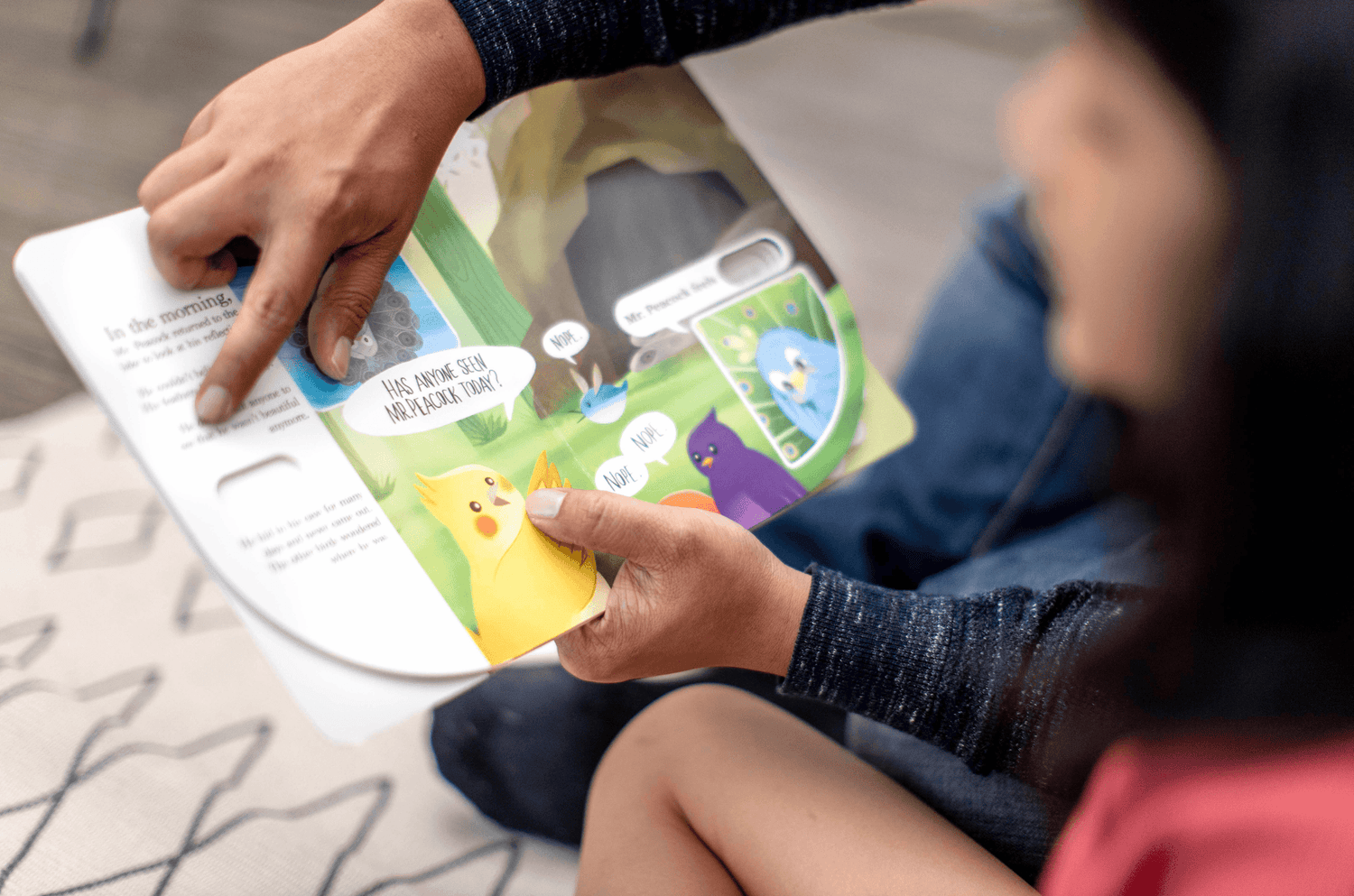One of the most embarrassing things that can happen as a parent is your child pointing and asking questions in public about someone who looks different. Before you awkwardly shush your child and walk away, there are some things to consider.
If you’re like us, you would’ve thought: how can I talk to my young child about serious issues like racism, intolerance, prejudice and so on? When is it appropriate to teach them? What should I say? It’s safe to say that you’re not alone in this.
The first thing you should know is that it’s never too early to begin talking about these issues. Research has shown that even children as young as 2 years old begin to understand race. They may notice that people look different, speak different languages, wear different clothes, and so on. Here are our tips to navigating these discussions.
-
1. Don’t shush your child. If your child blurts something out in public, try not to say ‘don’t say that’ or ‘be quiet’. It tells your child that these topics are taboo. Instead, once you’re alone, encourage your child to ask you questions.
-
2. Celebrate differences. If your child asks about someone’s skin color or disability, you can tell them, “everyone’s unique but we’re all still human. It’s like having a different hairstyle or wearing different clothes.”
-
3. Talk about fairness. Young children understand the concept of fairness. Tell them that it’s not fair to make fun of people who look different because it can hurt their feelings.
- 4. Speak in a way your child can understand. The way you explain ‘race’ to an adult versus a child is very different. Remember, your child is limited by their comprehension, so stick to simple ideas and terms.
Socializing children to these issues is becoming more and more important in today’s society where everyone is interconnected in one way or another. Starting young can help with complicated conversations down the line, and your child will feel more open talking to you about it.



